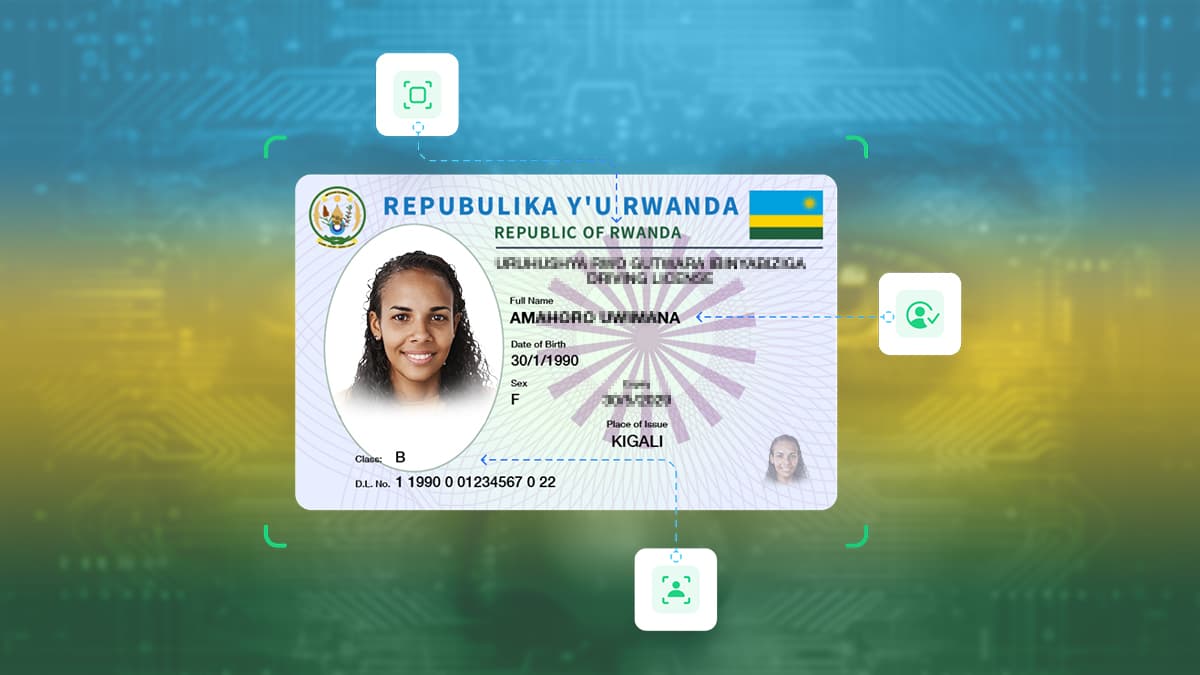Rwanda continues to make remarkable progress in its development journey, especially in the field of technology. It has now been officially announced that the country will introduce a digital national ID (Soft ID) starting in July 2026. The announcement was made by Dieudonné Manago Kayihura, the Director in charge of issuing and distributing IDs at the National Identification Agency (NIDA), during an interview with the national broadcaster, RTV.
According to Kayihura, the new digital ID will solve many challenges citizens faced with the traditional hard ID card. These include losing the ID, being denied services after forgetting it, and other inconveniences. More importantly, the digital ID will accelerate Rwanda’s digital economy by reducing unnecessary paperwork.
Unlike the current ID, which is only issued at the age of 16, the digital ID will be given to every individual from birth. Announcing the reform on August 20, 2025, Kayihura explained that the card will only display a person’s photo and ID number, but all other information will be securely stored in the system. Citizens will no longer need to physically carry it everywhere, since service providers will have access to the data directly.
The new ID will also introduce advanced security features. Instead of relying solely on fingerprints, as with the hard ID, it will use all fingerprints, facial recognition, and iris scans to confirm identity. This will make it almost impossible for someone to use another person’s ID to access services.
Another major advantage is the ease of correcting errors. Previously, if a mistake appeared on your ID—such as a misspelled name—it took a long process to fix. With the digital system, such updates will be as simple as editing data in the system.
The digital ID will also be integrated with other important documents, such as driver’s licenses, health insurance, and more. In the future, when a police officer stops a driver, showing the digital ID alone will be enough since it will be linked to the driver’s license.
Internationally, Rwanda is working on expanding travel opportunities for its citizens using only the national ID, without requiring a passport or visa. This system is already in place within the East African Community, where Rwandans can travel to Uganda or Kenya with just their ID. Rwanda is now collaborating with Ghana and Benin to extend the same benefit.
Citizens who shared their views expressed excitement, highlighting that the digital ID will prevent the loss of documents, make it easier to access services, simplify cross-border movement, and strengthen Rwanda’s technological advancement.
However, for children, the rollout will differ. From birth up to the age of five, the child’s digital ID will only display a photo. From age five onwards, it will include fingerprints and iris scans in addition to the photo. The ID will be issued to all Rwandans, foreigners legally residing in Rwanda, as well as Rwandans living abroad.




Post Comment